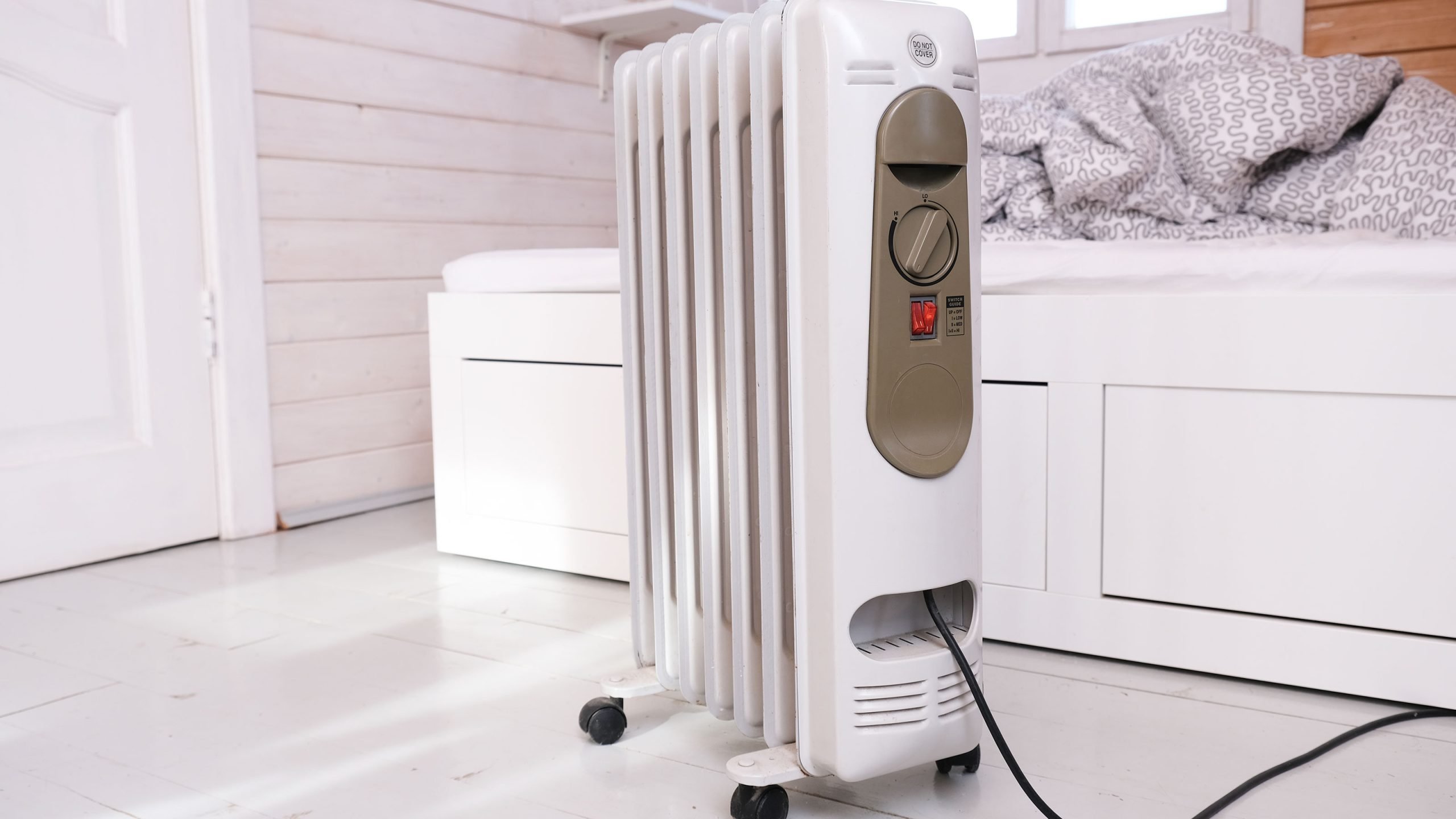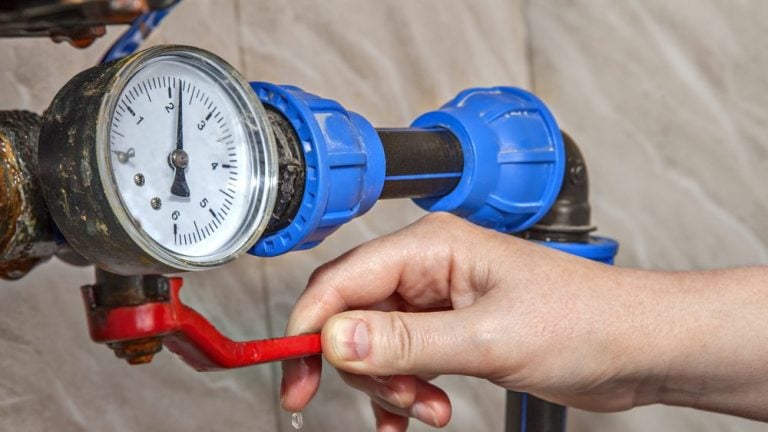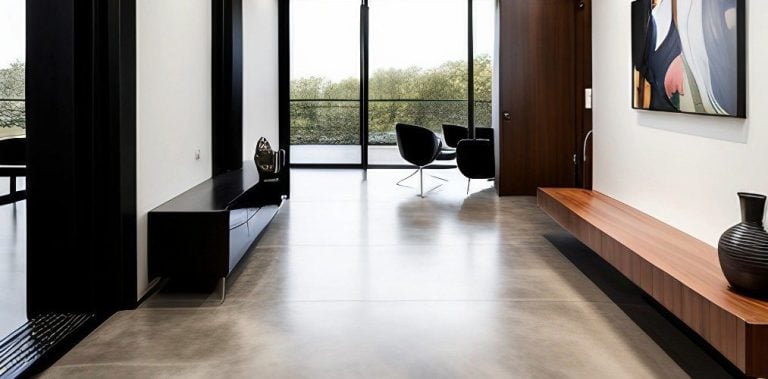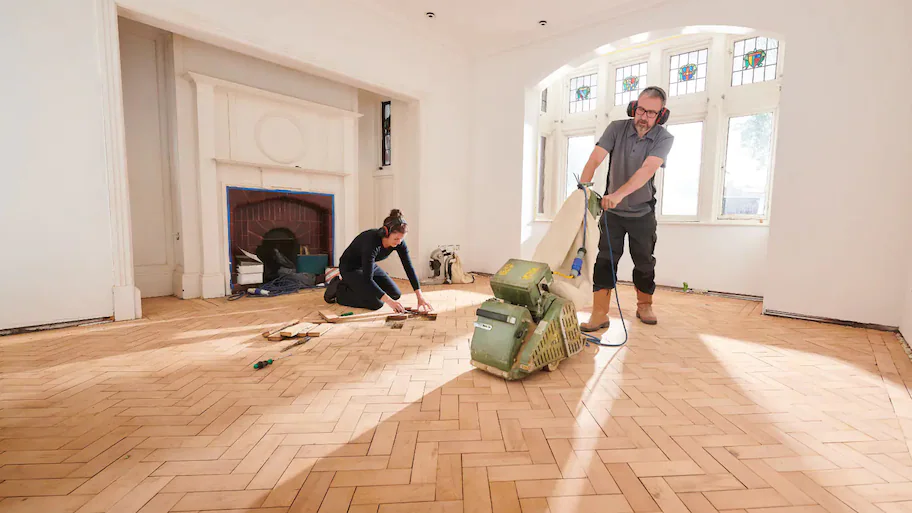The Pros and Cons of Installing a Small Radiator in Your Home Office

Table of Contents
A small radiator is a compact heating unit designed to fit in tight spaces while providing efficient warmth. If you’re considering installing one in your home office, it’s essential to weigh the benefits and drawbacks to determine if it’s the right choice for your workspace.
Benefits of Small Radiators
Space-Saving Design
One of the primary advantages of small radiators is their compact size. These units are specifically designed to fit in tight spaces, making them ideal for small home offices where every square foot counts. Their slim profile allows you to maximize your office layout without compromising on heating comfort.
Efficient Heating
Despite their compact size, small radiators pack a powerful punch when it comes to heating performance. Many models feature high heat output, ensuring that your home office stays warm and cozy even on the coldest days. Their efficient design allows them to quickly heat up the room, creating a comfortable working environment in no time.
Stylish and Versatile
Small radiators come in a wide range of colors, finishes, and styles, allowing you to find the perfect match for your office decor. From sleek and modern to classic and traditional, there’s a small radiator to suit every aesthetic. Some popular finishes include:
- Chrome
- Brushed nickel
- Matte black
- White
Whether you’re going for a minimalist look or a more ornate style, a small designer radiator can add a touch of sophistication to your home office.
Drawbacks of Small Radiators
Limited Heat Output
While small radiators are efficient for their size, they may struggle to heat larger spaces adequately. If your home office is more expansive, a small radiator might not provide sufficient warmth to keep the entire room comfortable. It’s crucial to consider the size of your office and consult with a heating professional to determine if a small radiator will meet your heating needs.
Higher Cost
Small designer radiators often come with a higher price tag compared to standard-sized radiators. The compact size and stylish designs contribute to the increased cost. Here’s a general price comparison table:
| Radiator Type | Average Price Range |
|---|---|
| Standard Radiator | $100 – $500 |
| Small Designer Radiator | $300 – $1,000+ |
Keep in mind that prices can vary depending on the brand, material, and features of the radiator.
Professional Installation
To ensure optimal performance and proper placement, small radiators usually require professional installation. While some homeowners may be tempted to tackle the installation themselves, hiring a qualified plumber is recommended to avoid any issues. This adds to the overall cost of installing a small radiator in your home office.
Factors to Consider
Room Size and Layout
Before choosing a small radiator for your home office, it’s crucial to measure the room and assess the layout. Take into account the dimensions of your office, including the height, width, and length. Consider the placement of furniture, windows, and doors, as these factors can impact the effectiveness of your radiator.
A heating professional can help you determine the best size and placement for your small radiator based on your office’s specific layout.
Budget
As mentioned earlier, small designer radiators often come with a higher price tag compared to standard-sized radiators. Before making a purchase, it’s essential to establish a budget and factor in the cost of the radiator, installation, and any additional accessories. Keep in mind that investing in a high-quality small radiator can provide long-lasting comfort and add value to your home office.
Heating Requirements
To ensure that your small radiator provides sufficient warmth for your home office, it’s important to calculate the heating requirements of the room. This involves considering factors such as the room size, insulation, window type, and desired temperature.
You can use an online BTU calculator to estimate the heating requirements of your office. By accurately assessing your heating needs, you can choose a small radiator with the appropriate heat output.
Conclusion
Installing a small radiator in your home office can be an excellent way to add efficient heating without sacrificing valuable space. The compact size, stylish designs, and efficient performance make small radiators an attractive option for many homeowners. However, it’s crucial to consider the potential drawbacks, such as limited heat output, higher cost, and the need for professional installation.
Before making a decision, carefully assess your office’s size, layout, and heating requirements. Establish a budget that accounts for the radiator, installation, and any additional costs.
By weighing the pros and cons and considering your specific needs, you can determine if a small radiator is the right choice for your home office. With the right selection and installation, a small radiator can provide a comfortable and stylish heating solution for your workspace.






